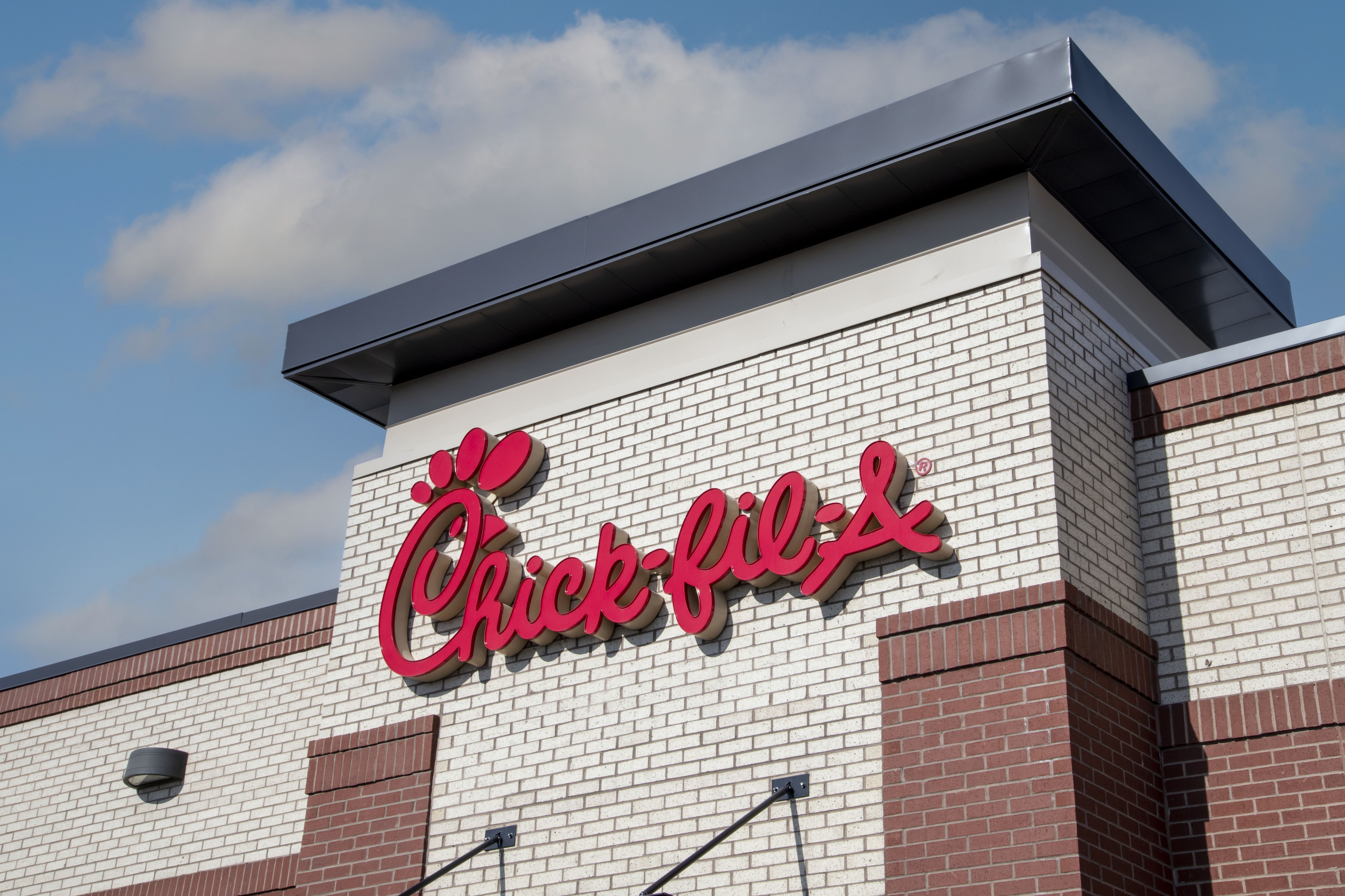From Silicon Valley to Times Square, the giants of the Internet are staging a giveaway, no strings attached: free wireless Internet for everyone!
The logged-in largesse extends to the skies: Starting today, Google is sponsoring free Wi-Fi on Virgin America flights, while eBay is doing the same for some Delta flights later this month.
Yahoo is offering free Wi-Fi in Times Square, while Microsoft is giving it away in some hotels and airports. Google, too, is giving away free Wi-Fi in airports, where it's usually a pricey perk mostly used by desperate-to-connect road warriors.
GigaOm, a tech blog, sums up the giveaways as an advertising opportunity:
Giving users something in return for their attention is a smart way to engage with an audience, which increasingly glosses over display advertising. It’s a welcome development, one that strikes a better balance between the needs of a marketeer and the end user (and potential customer).
There's more to it than advertising, though. If anything, these Internet giants are advertising Wi-Fi itself, an overhyped technology which has largely disappointed. Six years ago, Wired predicted that Wi-Fi would be largely given away, like salt and pepper at a restaurant: "Wi-Fi isn't a luxury or even a commodity. It's a condiment."
Cities like San Francisco and Philadelphia embarked on grand plans to carpet their streets with free wireless Internet access, subsidized by advertising from the likes of Google. Those plans fizzled, largely because Wi-Fi proved too expensive to roll out on a citywide scale.
Local
Cafes which once tried to lure in customers with free Wi-Fi -- following Wired's condiment model -- are now turning off networks and covering up electrical plugs, as they find displaced workers squatting at their tables, sipping megabytes rather than mochas.
Wi-Fi providers, meanwhile, milked the desperate with $10-a-day charges at airports and hotels. Budget-conscious business travelers picked up 3G connections rather than pay Wi-Fi fees, much as they slashed ridiculous hotel phone charges by switching to cell phones.
So why are the Web's powers that be wishing for a Wi-Fi comeback? Smartphones and netbooks. These compact, cheap devices, designed largely to log onto the Internet, are Wi-Fi friendly, and are being sold in large enough numbers that advertising is starting to make sense. Look at Google's $750 million purchase Monday of AdMob, a mobile-advertising startup: There's starting to be a real business around delivering ads to mobile devices.
It helps, of course, to know exactly where a mobile customer is in targeting ads. And it's hard to get more specific than the 120-foot range of a typical Wi-Fi router.
Rather than holiday cheer, it's holiday sales that have Google, Yahoo, and the rest excited about giving away Wi-Fi. But first they have to get cynical Internet users to give Wi-Fi a second chance. Free is just the price they have to pay.



